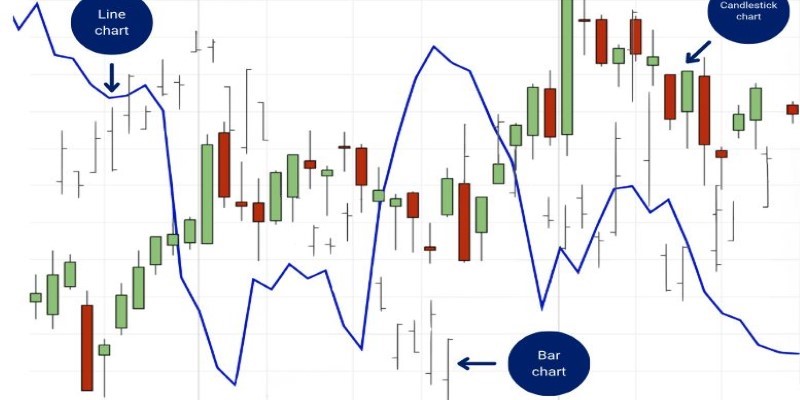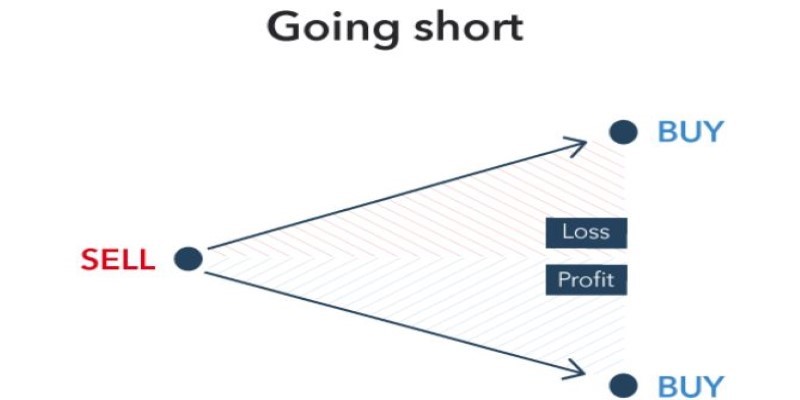Understanding ETFs and Index Funds: A Beginner’s Guide
Exchange-Traded Funds (ETFs) and index funds are popular investment tools for people looking to grow their money. They are both ways to invest in a variety of stocks, bonds, or other assets all at once, making them easy to use for beginners and experienced investors alike. These funds are known for being affordable, simple to manage, and a good choice for building long-term wealth. This guide will help you understand what ETFs and index funds are, how they work, and why they could be a smart investment choice.
What Are ETFs?

ETFs operate as investment funds which follow particular market indexes including S&P 500 and Nasdaq. Investors appreciate ETFs because they can find them on stock exchanges just like single stocks and these funds serves as a convenient way to achieve portfolio diversification. As investment entities ETFs include multiple asset types which encompass stock holdings alongside bond assets in addition to commodity investments and currency units.
How they work
ETFS operate as passive investment funds that avoid active fund manager supervision in their operational framework. ETFs seek to duplicate a specific index performance through their selection of all or selected representative index securities. ETFs use indexing as their investment approach to deliver investors affordable access to broad-based portfolios.
Advantages of investing in ETFs
- Diversification: By investing in an ETF, you are spreading your money across various assets, reducing your risk if one particular stock or bond performs poorly.
- Affordability: ETFs offer lower expense ratios (the cost of managing the fund) compared to actively managed funds. This can result in more significant returns for investors.
- Flexibility: ETFs trade on stock exchanges, which means you can buy and sell them throughout the day, unlike mutual funds that only allow transactions at the end of the trading day.
- Transparency: ETFs publish their holdings daily, making it easy for investors to know what assets they own within the fund.
Disadvantages of investing in ETFs
- Lack of active management: ETFs are passively managed, which means they do not have an actively involved fund manager. This can result in lower returns compared to actively managed funds during a bull market.
- Trading fees: Just like stocks, buying and selling ETFs incur trading fees, which can add up if you frequently trade.
- Limited control over holdings: Because ETFs track a specific index, investors have limited control over the assets within the fund. This could be a disadvantage for those who prefer more hands-on investment strategies.
What Are Index Funds?
Index funds are another type of passively managed investment fund that tracks a specific market index. Like ETFs, they provide investors with a diversified portfolio by holding all or a representative sample of the securities in that index.
How they work
Index funds aim to match the performance of an index rather than outperform it. They do this by holding all or most of the securities in that index, making them easy to manage and keeping expenses low. This strategy is known as indexing, hence the name "index fund."
Advantages of investing in index funds
- Low cost: Similar to ETFs, index funds have lower expense ratios compared to actively managed funds, resulting in more significant returns for investors.
- Diversification: Index funds provide investors with a diversified portfolio by holding multiple assets within the fund.
- Stability: Because index funds track an entire market index, their performance is less volatile than individual stocks or actively managed funds.
Disadvantages of investing in index funds
- No active management: Like ETFs, index funds do not have an actively involved fund manager, which can result in lower returns during a bull market.
- Limited control over holdings: Similar to ETFs, investors have limited control over the specific assets held within an index fund.
How to Choose Between ETFs and Index Funds
When it comes to choosing between ETFs and index funds, there is no one right answer. Both have their advantages and disadvantages, so it ultimately depends on your investment goals and preferences. Here are some factors to consider when making your decision:
- Cost: Both ETFs and index funds have low expense ratios, but ETFs may have an advantage due to their lower trading fees.
- Investment style: If you prefer a hands-on approach to investing, ETFs may be a better choice for you. However, if you're looking for a more passive investment strategy, index funds could be the way to go.
- Investment amount: Some ETFs may require a higher initial investment compared to index funds, making them more suitable for investors with larger amounts of money.
- Tax implications: ETFs and index funds are both tax-efficient investment options, but there may be slight differences in how they are taxed. It is best to consult with a financial advisor for guidance on the tax implications of each.
How to Get Started with ETFs and Index Funds

If you're interested in investing in ETFs or index funds, here are the steps to get started:
- Determine your investment goals and risk tolerance.
- Research different ETFs and index funds that align with your objectives.
- Decide on an online broker or financial advisor to help you make investments.
- Open an account with your chosen broker.
- Purchase your desired ETFs or index funds through your brokerage account.
- Monitor and review your investments regularly to ensure they align with your goals and adjust as necessary.
Final Thoughts
Investing in ETFs and index funds can be a straightforward and effective way to grow your wealth over time. By understanding your financial goals, doing thorough research, and maintaining a disciplined investment approach, you can take advantage of these versatile options to build a diversified portfolio. Remember, patience and consistency are key when it comes to long-term investing. Always consult with a financial professional if you're unsure about the best options for your specific situation. With the right strategy, ETFs and index funds can help you achieve your financial aspirations.












